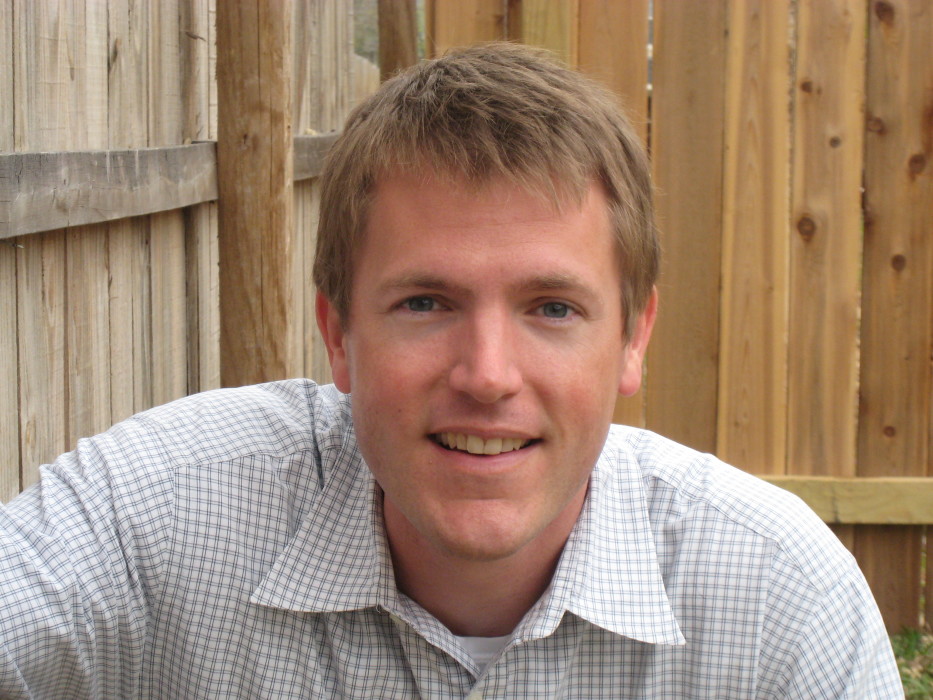Spiritual Warfare in Contemporary Context

Guest Post by Andy McCoy, Ph.D.
Evil is a quandary that puzzles theologians and toddlers, philosophers and preschoolers alike. We never get old enough to outgrow the effects of evil in our lives, and we never get smart enough that we can claim to offer an exhaustive explanation for the power of evil in our world (please be wary of those who do!). Anyone who has encountered the reality of sexual abuse—whether in their own lives or in the lives of others—knows in the most acute sense that evil pretty much does what the Bible says it does: “steals and kills and destroys” (John 10:10). Yet the Bible is also the story of the overcoming of all evil through the person and work of God in Jesus Christ, and scripture does not shy away from portraying that story in terms of a cosmic spiritual battle, one in which the future of creation is held in the balance. Too much can be made of this imagery (we all know examples we wish to be, um, left behind), but too often these days the opposite is the case. Evil happily becomes an exotic concept in a society that regularly reduces all human suffering to a mere combination of biological, psychological, or sociological factors. While many who take up these fields of study make vital contributions towards human flourishing, too few take seriously the spiritual aspects of life affirmed by Christian scripture and tradition. Or at least until something like 9/11 happens. As N. T. Wright says with his characteristic pith, evil in contemporary Western society is “still a four-letter word.”
There are yet notable exceptions. Spiritual warfare is an aspect of Christian faith and tradition significantly appreciated by The Allender Center and its affiliates as they endeavor to train responders to trauma and abuse. Here are folks who not only keep bio/psycho/social factors in mind but also take into account the spiritual dimensions of life so hidden from the discourse in our culture. Attention to conflict with evil may seem quaint or primitive to some, or simply disturbing to others, and this sentiment is not uncommon. It’s the same kind criticism regularly leveled at Pentecostalism, which happens to be one of the fastest growing parts of Christian faith around the globe (just try avoiding it on your next trip to Africa or South America).
Pentecostalism happens to be where much of the practice of the long Christian tradition of spiritual warfare continues. Sure, many of the educated elite in our culture still denigrate Pentecostalism, not least for its traditional perception of evil, spiritual powers, and the ministry of deliverance (see what happens when you bring up the concept of territorial spirits at your next dinner party). But this summer I have the privilege of a completely different experience by working on a book project with some of the best and brightest theological minds in Pentecostalism today. A number of these folks would make even the most cynical among us think twice about simply belittling people of faith who take evil and spiritual warfare seriously.
In particular, I’m thinking of Amos Yong, who’s recent book In the Days of Caesar: Pentecostalism and Political Theology (especially Ch. 4, pp. 121-61) reimagines and revitalizes the concept of spiritual warfare in ways which I can only briefly touch on here. First, Yong demonstrates a full grasp of problematic views of spiritual warfare while still retaining the biblical heart of the concept. Second, he offers a comprehensive treatment of biblical “powers” which positions the idea of power itself as both a God-given aspect of creation and as fallen into to sin. For this reason, even that most pacifist of theologians, John Howard Yoder, can understand faith to be involved in spiritual conflict, “a challenge to the Powers” (see Yong, 140). This leads to a third point manifest throughout Yong’s work: like the best of Pentecostal thought, Yong consistently reminds us that spiritual warfare is not about our power but about the power of our triune God to bring peace into our world as the Holy Spirit allows us to share in who God is in and through Christ. Thus spiritual warfare cannot be reduced to an individual encounter with evil, or even just a localized encounter within one church or community. Spiritual warfare simultaneously challenges evil in our own lives and evil as a systemic force at work in the structures of our world. In other words, Yong’s articulation of spiritual warfare (which he terms a “cosmopolitical liturgics of resistance”) is both biblical and critically-reflective, both relational and activist, both ecclesiological and political. Text, soul, & culture, anyone?
My point with this too-brief glance at Yong’s thought is that working towards a robust theology and disciplined practice of spiritual warfare is hardly a peripheral task. Especially if you work at the periphery of our culture or if you work in the massive global South where movements of Pentecostalism grow by the day. The Allender Center, while not a distinctly Pentecostal organization by mission or confession, occupies a unique position to contribute to this increasingly global conversation by training Christians from all backgrounds to confront evil in the remote corners of our hearts and in the far corners of our world.
Andy McCoy, Ph.D., ’04 graduate of The Seattle School, is currently visiting theologian with the Calvin Institute of Christian Worship at Calvin College in Grand Rapids, MI.
